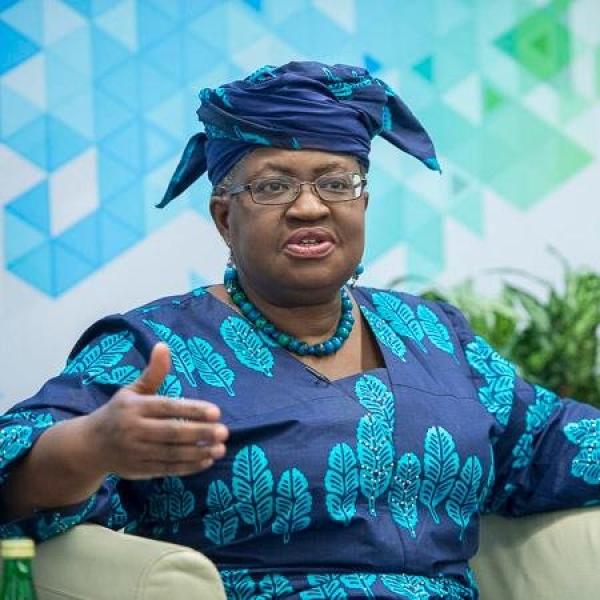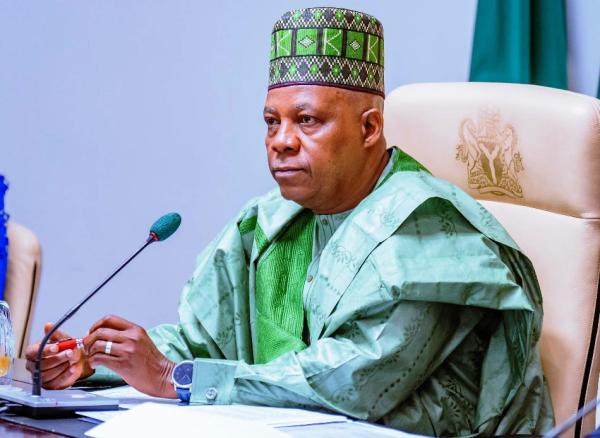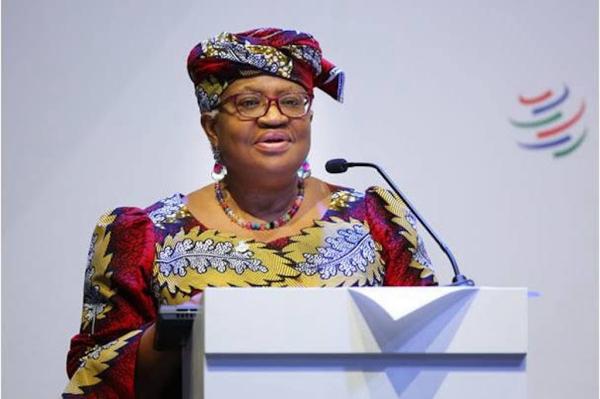
The Director General of the World Trade Organization (WTO), Ngozi Okonjo-Iweala, has called on the Niger Delta Development Company (NDDC) to proffer sustainable solutions to the economic challenges currently bedevilling the Niger Delta.
Her advice comes as the oil-producing region suffers from environmental degradation from decades of oil and gas exploration.
Okonjo-Iweala, who was critical in her choice of words while delivering her address during the celebration of the 25th anniversary of the Commission on Saturday, said the neglect of the socio-economic prosperity of the region has resulted in widespread frustration, which has culminated in restiveness among the people.
She called on NDDC to give “special attention” to the economic development of the Niger Delta.
“Let me first congratulate the NDDC for the work it has carried out for the people of the Niger Delta.
“If I’m a bit critical in my speech, you know me, I mean it for good, because I think you have done a lot, but you still have a lot to do.
“The NDDC was established in 2000 by former president Obasanjo, as a successor to UMPADEK, which had been in operation since the days of the Military government. This was in response to the cries of marginalisation and underdevelopment by the people of the Niger Delta, where Nigeria’s oil and gas resources are concentrated.
“Oil and gas exploration, by its nature, often poses challenges to its environment in the form of pollution of land and waters. Gas flaring is another hazard that the people in the environment have had to deal with.
“These challenges were backed up by the government with the setting up of the NDDC.
“You, the NDDC, cannot afford to fail.
“As you well know, the oil and gas accounts for 90 per cent of Nigeria’s foreign exchange, and 70 per cent of its fiscal revenue, which is why it is regarded as the lifeblood of the economy. The people of the region must be carried along so that they can feel their concerns are being addressed.
“The goose that lays the golden egg deserves attention in the form of infrastructure and social services to ensure that there is peace in the area, so it can continue to contribute optimally to the economy of the country.
“In this regard, the purpose of the federal government was to use the NDDC as a vehicle to address some of the challenges of the oil communities were facing, including the environmental degradation from oil and gas exploration as it affects oil and fishing activities, infrastructure and the general absence of economic opportunities.
“All of these caused a lot of frustrations that have affected the operations of the oil industry and threaten the prosperity of the country. The NDDC, therefore, has a very important responsibility, first to the people of the region, to ensure that it positively affects the lives of the people, and secondly, that it leads to contentment of the people, to enable the Federal Government to optimally earn revenue from it.
“The NDDC has a lofty goal of transforming the region. The NDDC is to offer a lasting solution to the socio-economic difficulties of the Niger Delta region,” she said.
Unprecedented oil spillage, which has been ongoing for the past five decades, has made the region one of the most polluted in the world.
The heavy contamination of the air, ground and water with toxic pollutants is often used as an example of ecocide.
It is estimated that while the European Union experienced 10 incidents of oil spills in 40 years, Nigeria recorded 9,343 cases within 10 years.
The resultant environmental degradation from gas flaring, dredging of larger rivers, oil spillage and reclamation of land due to oil and gas extraction across the Niger Delta region costs about US$758 million every year.
Regrettably, 75% of the cost is borne by the local communities through polluted water, infertile farmland and lost biodiversity.
Experts estimated that the region could experience a loss of 40% of its habitable terrain in the next 30 years as a result of extensive dam construction.





















